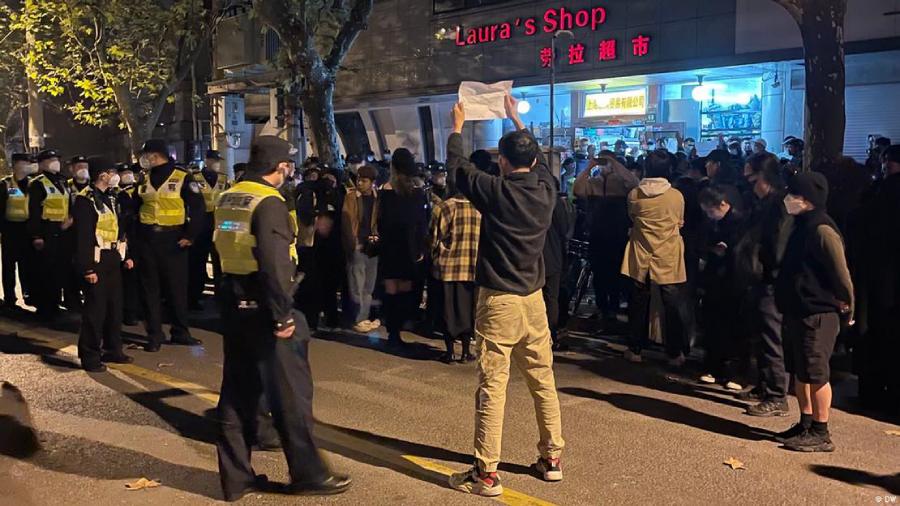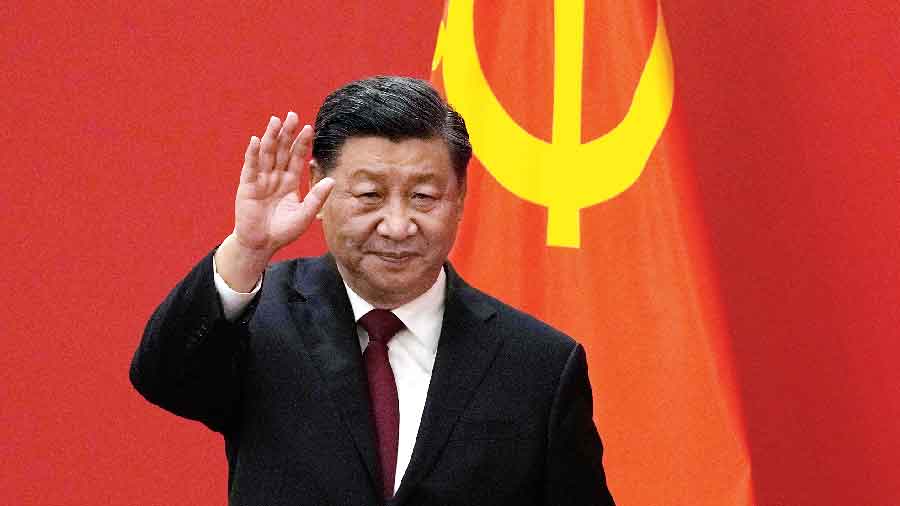As one country after another succumbed to outbreaks this year, China kept the coronavirus at bay, buying valuable time to prepare for the inevitable: a variant of the virus so shifty and contagious that China, too, would struggle to contain it.
But rather than laying the groundwork for that scenario, China stepped up its commitment to “zero Covid”, deploying snap lockdowns and contact tracing.
In the meantime, daily vaccinations fell to record lows. Critical-care beds remained in short supply, even as workers built testing booths and isolation facilities. Research on homegrown mRNA vaccines failed to keep up with the fast-mutating virus.
Now, the costs of that approach are piling up, putting China in a bind from which there appears to be no easy escape, scientists said in interviews.
Even as new Covid cases have reached all-time highs, residents have taken to the streets to protest lockdowns that have ground daily life to a halt in many cities. Alarmed, officials have begun easing restrictions.
Researchers worry that China may struggle to reopen the country and relieve the strain on its economy without risking a tide of deaths. Such a catastrophic surge could pose a significant threat to the political leadership.
“We often pretend that China has a choice in terms of ‘zero Covid’ versus opening up,” said Dr Siddharth Sridhar, a virologist at the University of Hong Kong. “There never was a choice. The simple fact is that China is not ready for a wave on that scale.”
Nothing has set back China’s preparations as extensively as its difficulty in vaccinating older people. Two-thirds of people ages 80 and older are vaccinated, but only 40 per cent have received a booster dose, a critical shortcoming because Chinese-made vaccines offer weaker protection than the Pfizer-BioNTech and Moderna vaccines.
In a study during Hong Kong’s Omicron surge, two doses of China’s main domestic vaccine, Sinovac, were only 58 per cent effective against severe Covid or death in people ages 80 and older. Two Pfizer-BioNTech doses, by contrast, were 87 per cent effective in the same group.
An earlier study in Brazil similarly found that two Sinovac doses were only 61 per cent effective in preventing Covid deaths. Those results have cemented an impression among scientists that the Chinese shots, which rely on killed viruses to prompt an immune response, are effectively a three-dose, rather than a two-dose, vaccine.
Making matters more difficult, China’s last major vaccination push was in the spring, an interval of eight months or more since the last dose for many recipients.
(New York Times News Service)












